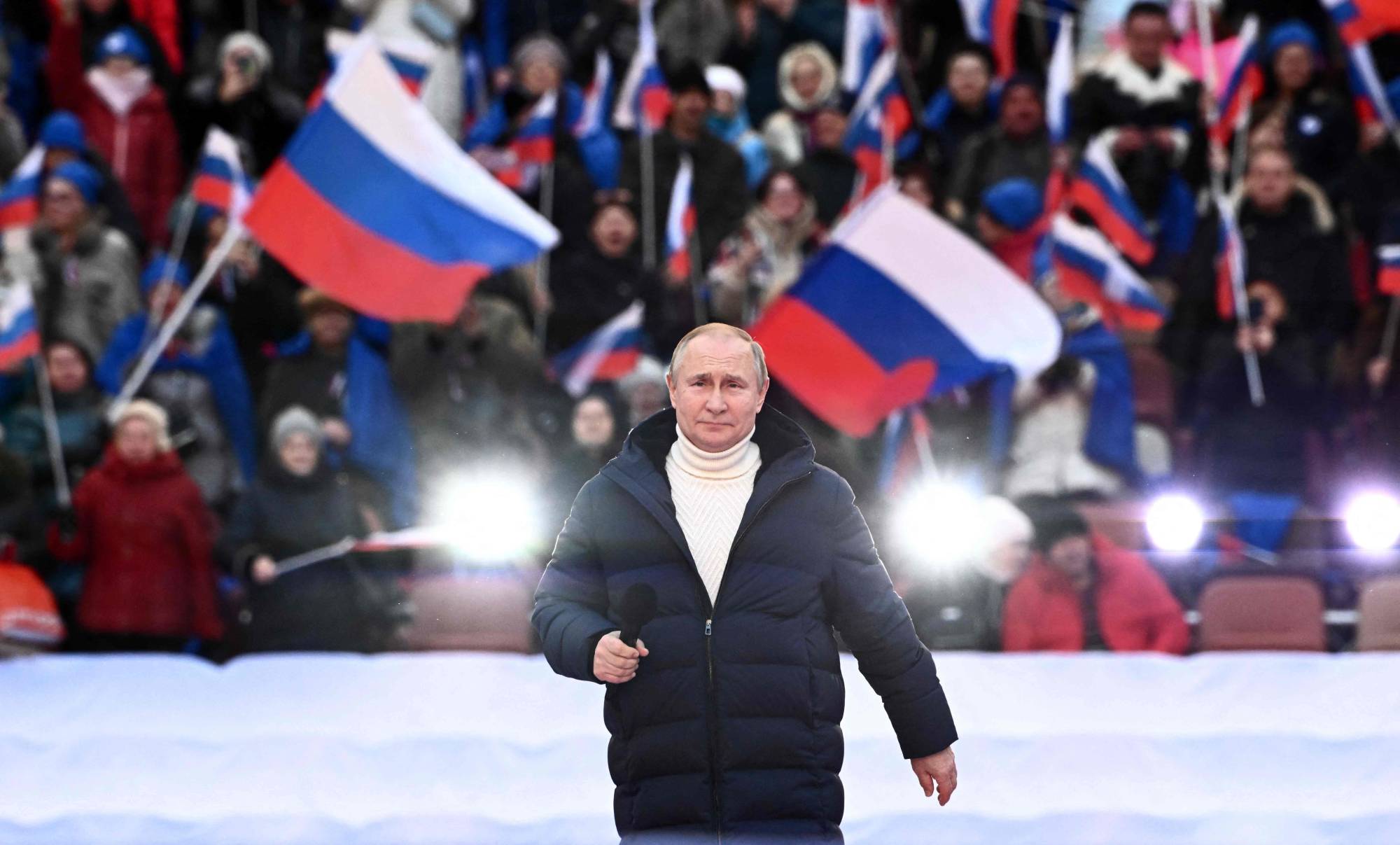In the tense weeks before Russia invaded Ukraine on Feb. 24, Russian officials denied that it planned anything of the sort, denouncing the United States and its NATO allies for stoking panic and anti-Russian hatred. When it did invade, the officials denied it was at war.
Since then, the Kremlin has cycled through a torrent of lies to explain why it had to wage a "special military operation” against a sovereign neighbor. Drug-addled neo-Nazis. Genocide. American biological weapons factories. Birds and reptiles trained to carry pathogens into Russia. Ukrainian forces bombing their own cities, including theaters sheltering children.
Disinformation in wartime is as old as war itself, but today war unfolds in the age of social media and digital diplomacy. That has given Russia — and its allies in China and elsewhere — powerful means to prop up the claim that the invasion is justified, exploiting disinformation to rally its citizens at home and to discredit its enemies abroad. Truth has simply become another front in Russia’s war.



















With your current subscription plan you can comment on stories. However, before writing your first comment, please create a display name in the Profile section of your subscriber account page.